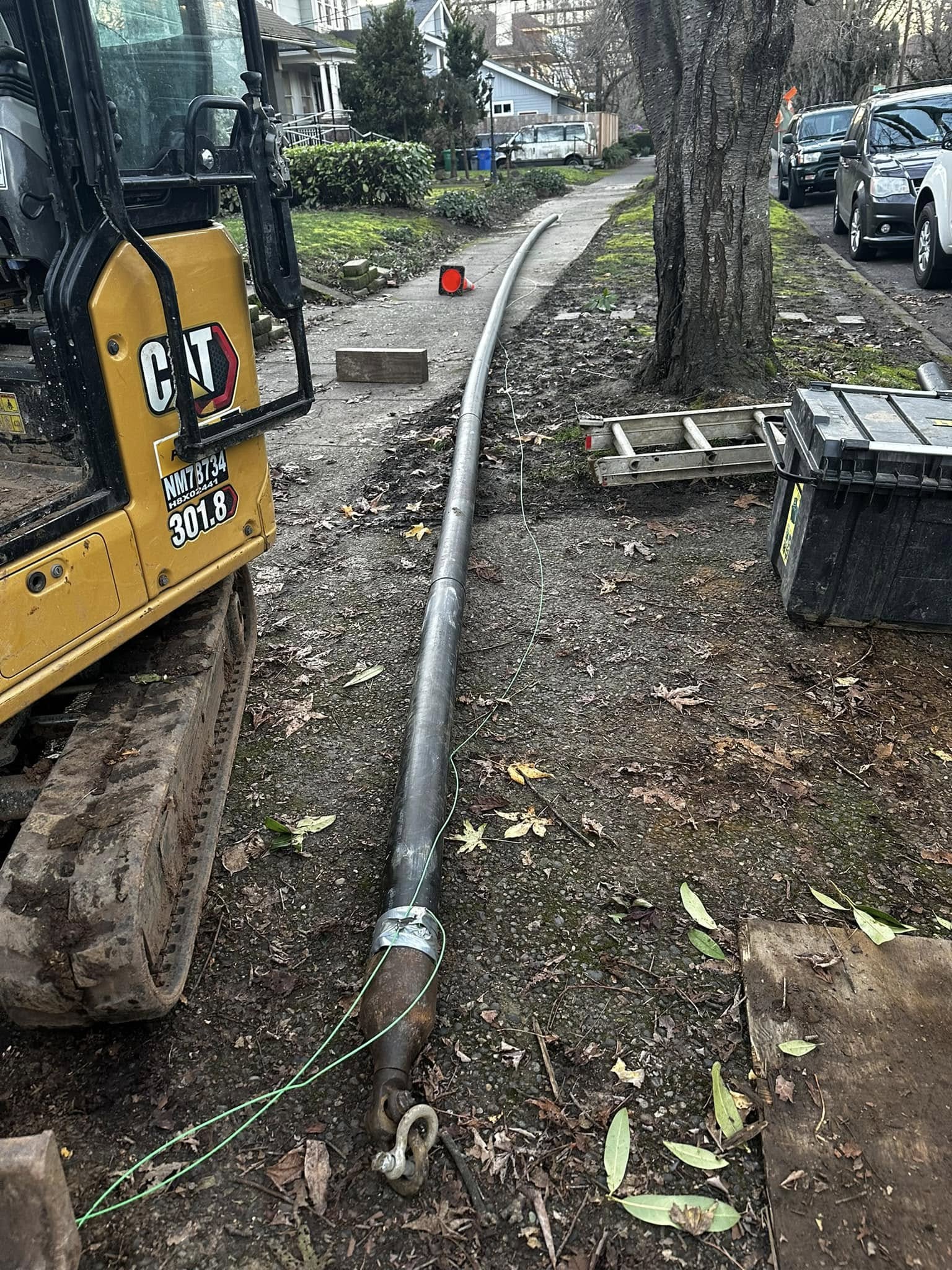
Avoiding Common Septic System Pitfalls: Expert Tips from Mountain View Services Nov 14, 2025
To begin with, it's important to understand how a septic system operates. A typical septic system consists of a septic tank and a drainfield, or soil absorption field. Wastewater flows from the home into the septic tank, where solids settle to the bottom, forming sludge. The liquid effluent then flows into the drainfield, where it is further filtered by soil. Proper maintenance is essential to keep this process running smoothly.
One of the most common pitfalls homeowners face is neglecting regular maintenance. A crucial step in maintaining your septic system is routine inspections, which should be performed every three years by a professional. Maintenance also includes regular pumping of the septic tank, which prevents excessive buildup of sludge. This simple yet effective practice can extend the life of your system and prevent unpleasant backups.
Another common mistake is overloading the system with water. High volumes of water can overwhelm a septic system, leading to poor performance. To avoid this, stagger your water use by spreading laundry loads throughout the week and fixing leaky faucets promptly. Using water-efficient fixtures can also help in minimizing water usage, thereby ensuring the longevity of your septic system.
The misuse of household plumbing is another common issue. Pouring oils, grease, and non-biodegradable items down the drain can wreak havoc on your septic system. These materials can clog pipes and the septic tank, leading to potential untreated sewage dispersal into the soil. Always dispose of such materials in the trash, and choose septic-safe products when cleaning. This simple practice can save you from significant repair costs and environmental damage.
Additionally, protecting your drainfield is imperative. The area above the drainfield should remain clear of heavy objects, such as parked cars, construction equipment, or above-ground pools. Heavy items can compact the soil, inhibiting the proper flow and absorption of effluent. Furthermore, avoid planting trees or shrubs with deep roots near the drainfield, as these can penetrate and damage system pipes.
Moreover, education is key to avoiding many septic system problems. Educate your family and frequent visitors about appropriate water usage and what should and should not be flushed down toilets or drains. It's a small step that can make a significant difference in maintaining a healthy septic system.
In conclusion, taking a proactive approach to septic system care can help you avoid common pitfalls associated with neglect and misuse. By regularly inspecting and pumping your system, managing water usage effectively, correctly disposing of waste, protecting your drainfield, and educating those who use the system, you can keep your septic system in optimal condition. Mountain View Services is here to support you with professional advice and top-notch services, ensuring your septic system functions seamlessly. Taking these simple yet effective steps can prevent costly repairs and give you peace of mind, knowing your system is in good hands.
/filters:no_upscale()/media/69754f1f-ff74-4d31-92af-da058faceae6.jpeg)